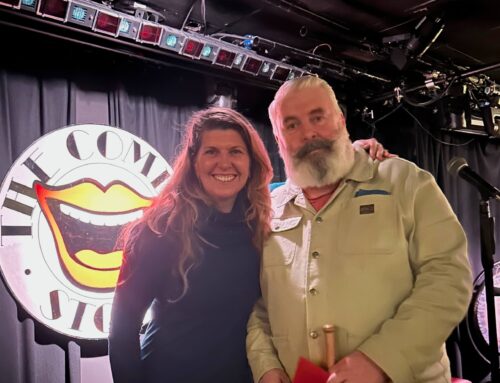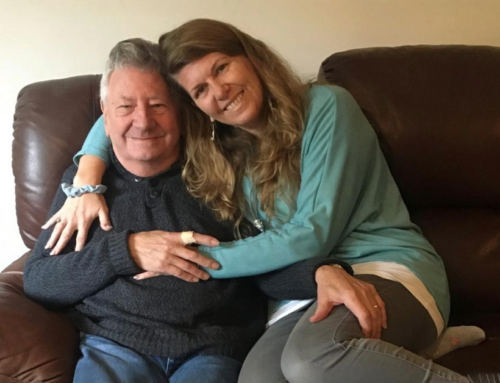
So what do we do?
We filter.
Even without having to process shocking news, we receive so much data in a run-of-the-mill day that our brains have to choose what to take notice of. And what our brains will choose will be the things that corroborate our view of reality, based on decisions we have made throughout our lifetime and the things that we have previously chosen to pay attention to.
These choices will then dictate our actions, which will then influence what happens next. In our War to Peace work, we call this the ‘Ladder of Inference’.
In extreme situations, like the attacks on Paris, it’s evident that different peoples’ ‘ladders’ led them to very different conclusions. From the exact same set of facts as a starting place, in a very short time we had groups of people offering up ‘portes ouvertes’ for anyone looking for a safe place to spend the night whilst, simultaneously, racially motivated attacks on Muslims became frequent and widespread. Since then, those same facts have been the basis for some groups increasing support for refugees whilst others campaign to shut their country’s borders against them. This is all based on the filters they apply to the situation.
The facts don’t change but our perceptions and inferences about them affect the details we pay attention to, how we feel about them and how we react.
And, for most people, their beliefs are the ‘truth’, and the ‘truth’ is obvious. Is it any wonder that people with differing views go to War so easily?
So what on earth does all that have to do with Christmas?
In the UK, getting earlier with every year (it seems!), Christmas cards, presents and special offers start appearing in the shops. There are festive ad campaigns on the television and children start feverishly writing their lists to Santa. There are stories, traditions, decorations, special food, parties, nativity plays, crackers, church services, Christmas jumpers, baking, lists, stockings, holidays, work drink dos, shopping, presents and ‘do you think you could manage to squeeze this in before Christmas?’ requests. It’s the polar opposite of a terrorist attack, but Christmas can be equally overwhelming for some of us. So again, we use our ladder of inference and we filter.
All of us are filtering our experiences every single day, yet with large-scale shared experiences like the terror attacks or Christmas, our differing perceptions, inferences and resulting actions are going to be more obvious and potentially more dramatic.
When it comes to Christmas, some will be sleepless with excitement; others will dread their first Christmas without a loved one. Some will be sharing their first Christmas with a new child; others will be facing a Christmas alone. Some will be partying hard; others will be quiet and contemplative.
So, how can War to Peace help you if you are struggling with someone during this festive period? Well, if you’re faced with Great Aunt Gladys’ insistence on you preparing the sprouts a certain way, it’s worth considering what’s going on with your ladder of influence and imagining what might be happening on hers. The fact of the matter is sprouts. Everything else is your perception, even though it feels like it’s reality (we know, we’ve been there too).
(And my perception, just for the record, is that sprouts not worth bothering with anyway, unless you bake them with cream and parmesan 😉 )
I hope Christmas finds you happy and at Peace.
Over to you
- How could your own ladder of inference be affecting the way you feel about a situation this Christmas? (TIP – if you’re finding someone offensive or difficult, imagine you had to relay only the OBSERVABLE EVENT to someone, rather than your interpretation of what the observable event means)
- Consider how the other person’s ladder of inference may look when they add meaning to what you are saying and doing.
Do you know someone who could benefit from War to Peace?
If you, or someone you know, would like to experience and understand more about being at War and learning how to be at Peace, even with the people you find most difficult, our next open-access War to Peace workshop is on 11 March 2016. Spaces sell out quickly, especially our reduced priced tickets, so if you would like to attend, do book yours today.
P.S. Pass it on!
Found this useful? Then please share this article using the icons below and do leave us a comment.
What terrorist attacks can teach us about sprouts
Please leave your name and email address at the top or bottom of this page to receive more articles like this.
©Halcyon Global 2015
photo credit: one moment – xBall via photopin (license)








Leave A Comment